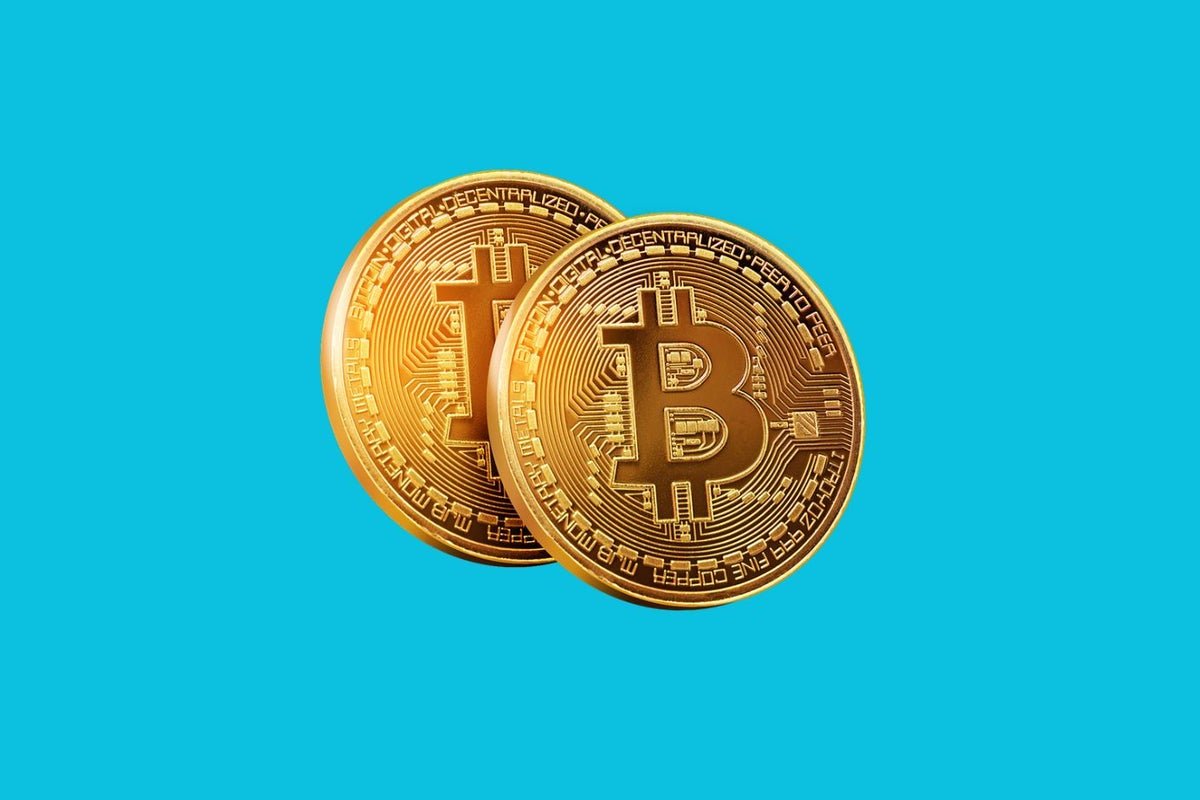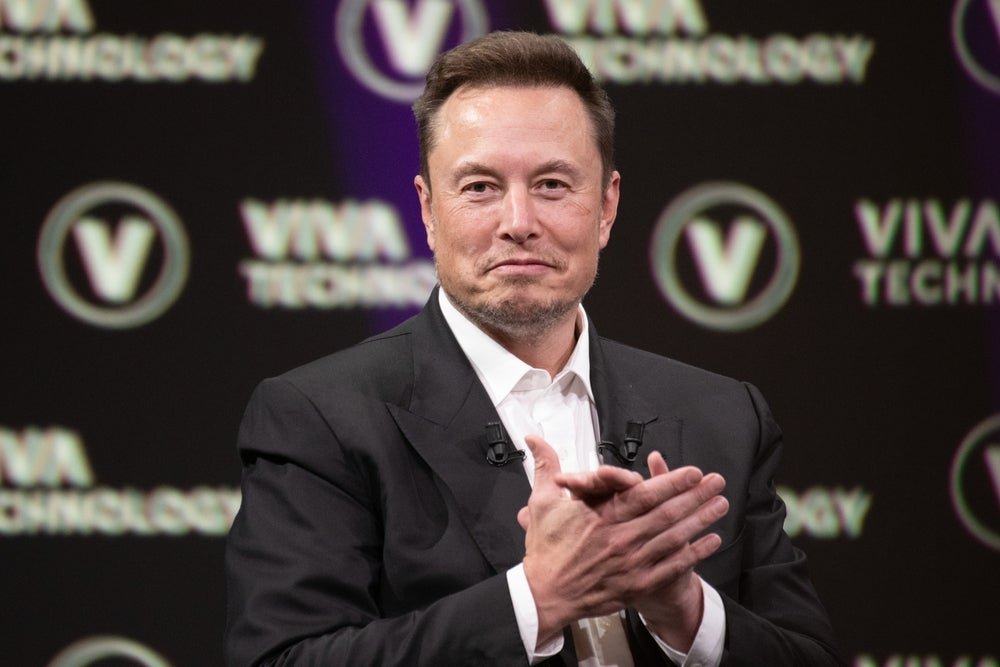Bitcoin’s Utility and Viability Questioned by Federal Reserve Bank President
Neel Kashkari, president of the Federal Reserve Bank of Minneapolis, recently raised doubts about the utility and viability of Bitcoin. In a world increasingly dominated by digital assets, Kashkari expressed skepticism about Bitcoin’s real-world use.
Kashkari posed a simple question: “Has anybody… ever bought something using Bitcoin as a currency? A sandwich? A computer? A book? Anything?” This query highlights a key concern regarding Bitcoin’s lack of mainstream adoption as a means of payment.
Furthermore, Kashkari addressed the claim often made by Bitcoin enthusiasts that the digital asset serves as an effective hedge against inflation. However, recent events have challenged this notion. “When we had this big inflation spike, I thought, ‘We’re going to make these Bitcoin guys feel like they were right.’ But then it turned out Bitcoin was a terrible inflation hedge,” Kashkari stated.
Drawing parallels to speculative investments like Beanie Babies or Pez dispensers, Kashkari criticized the promotion of Bitcoin as something more substantial than it is. He argued that this could potentially mislead Americans into making poor investment choices.
To illustrate his point, Kashkari shared a personal anecdote about a conversation with a customs officer. The officer’s friend was considering taking out a home equity loan to invest in Bitcoin, a decision Kashkari strongly advised against.
Troy Cross, a fellow at the Bitcoin Policy Institute, responded to Kashkari’s comments on social media. Cross challenged the assertion that Bitcoin lacks real-world utility, citing his own experiences of using Bitcoin to purchase a variety of goods and services, including alpaca socks.
The debate surrounding Bitcoin’s utility and viability is ongoing. While some argue that it has the potential to revolutionize the financial industry, others remain skeptical of its practicality and effectiveness. As the world continues to evolve, only time will tell whether Bitcoin will prove to be a valuable asset or simply another speculative investment.





